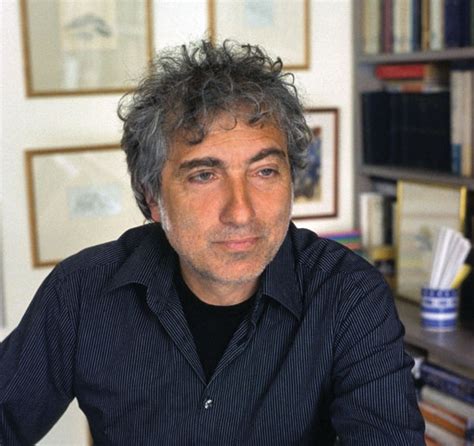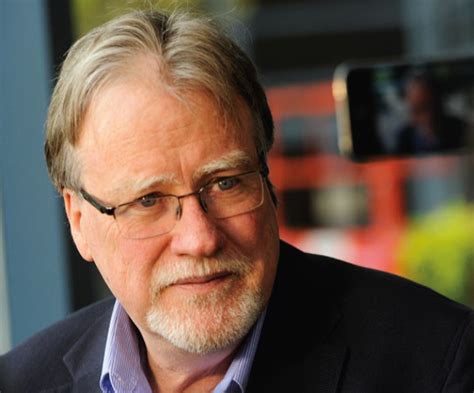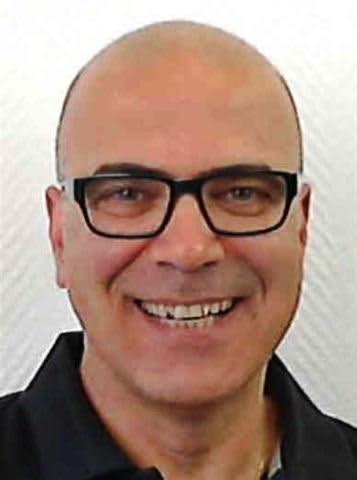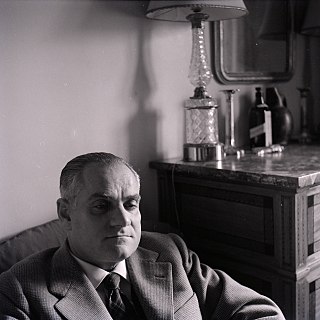A Quote by Randall Jarrell
Related Quotes
I often wish for the end of the wretched remnant of my life; and that wish is a rational one; but then the innate principle of self-preservation, wisely implanted in our natures, for obvious purposes, opposes that wish, and makes us endeavour to spin out our thread as long as we can, however decayed and rotten it may be.
Light like this does not exist, but we wish it did. We wish the sun could make us young and beautiful, we wish our clothes could glisten and ripple against our skins, most of all, we wish that everyone we knew could be brightened simply by our looking at them, as are the maid with the letter and the soldier with the hat.
How often do we tell our own life story? How often do we adjust, embellish, make sly cuts? And the longer life goes on, the fewer are those around to challenge our account, to remind us that our life is not our life, merely the story we have told about our life. Told to others, but — mainly — to ourselves.
We have been taught to wish for it, but the wish to be understood may be our most vengeful demand, may be the way we hang on, as adults , to our grudge against our mothers; the way we never let our mothers off the hook for their not meeting our every need. Wanting to be understood, as adults, can be our most violent form of nostalgia.
When parents say, "I wish my child did not have autism," what they’re really saying is, "I wish the autistic child I have did not exist, and I had a different [nonautistic] child instead." Read that again. This is what we hear when you mourn over our existence. This is what we hear when you pray for a cure. This is what we know, when you tell us of your fondest hopes and dreams for us: that your greatest wish is that one day we will cease to be, and strangers you can love will move in behind our faces.
More than anything else, kindness is a way of life. It is a way of living and walking through life. It is a way of dealing with all that is-our selves, our bodies, our dreams and goals, our neighbors, our competitors, our enemies, our air, our earth, our animals, our space, our time, and our very consciousness. Do we treat all creation with kindness? Isn't all creation holy and divine?
To live a fulfilling life, we must combine passion with compassion and strength without strife; we must get out of our comfort zone and into our strength zone; and we must work every day with discipline to ensure that our daily agenda reflects our values, our priorities, and the legacy we wish to leave for others.
Because the world to-day is so constructed that no one can do what he would like to do, and he is forced, instead, to do what others wish him to do. Because the question of money always intrudes—into what we do, into what we are, into what we wish to become, into our work, into our highest aspirations, even into our relations with the people we love!







































